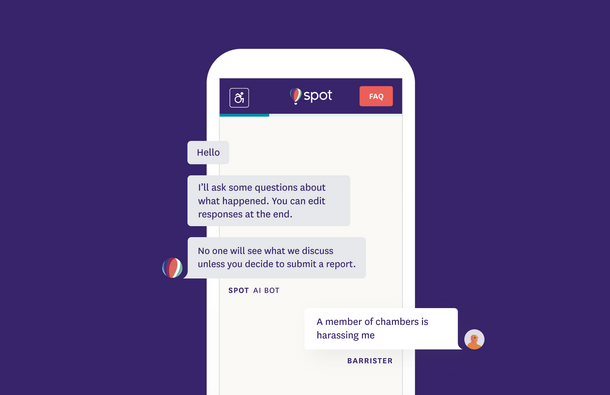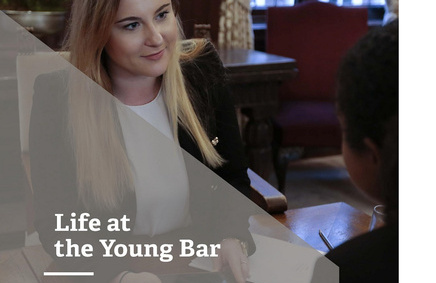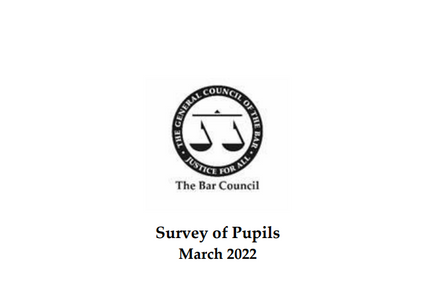Barristers have been increasingly reporting that they have experienced or witnessed bullying, harassment, and discrimination. In our most recent survey of Barristers Working Lives 2023, 44% of respondents said they had experienced or observed this behaviour while working either in person or online. This is an increase from 38% in 2021 and 31% in 2017.
Definitions
The Bar Council agrees with the definition of bullying from ACAS as “…offensive, intimidating, malicious or insulting behaviour, an abuse or misuse of power through means intended to undermine, humiliate, denigrate, or injure the recipient”.
Harassment is a technical term defined in the Equality Act 2010 (section 26) as being “…unwanted conduct, which has the purpose or effect of violating an individual’s dignity or creating an intimidating, hostile, degrading, humiliating or offensive environment for that individual.”
Sexual harassment is defined as “unwanted conduct of a sexual nature which has the purpose or effect of violating an individual’s dignity or creating an intimidating, hostile, degrading, humiliating or offensive environment for that individual. It also includes situations in which an individual is treated less favourably because they have rejected sexual conduct or submitted to it.” (Section 26 of the Equality Act 2010)
Support
It can be difficult to challenge harassment or bullying behaviour. So, when something happens which doesn’t feel right, or makes us feel uncomfortable, or hurts us, it can be hard to know who to tell or what to do.
If you experience or witness bullying or harassment in the workplace there is support available.
Recognise bullying behaviour
- Wellbeing at the Bar: what is bullying and what is harassment. More information on how to identify what you're experiencing working with other barristers.
- ACAS website: understanding the type of treatment you're experiencing.
Record or report an incident of bullying, harassment or discrimination
Use Talk to Spot to record it, anonymously if preferred.
Record it: Talk to Spot will let you make a record of exactly what happened, who did it, who saw it, where it happened and when. It's simple to use and when you've entered the information, it will add a date to the record of the incident. No one else will see it, it belongs only to the person who created the record.
Report it: If you deem it necessary, you can use the record to support a complaint about the incident. A complaint can go to your chambers, employer and/or regulator. In the case of criminal behaviour, the record can be used to help report an incident to the police. If permission is given, the record can be sent by Talk to Spot to our Equality and Diversity team to help us understand what is occurring and how we can provide support.
Find out more about Talk to Spot.










